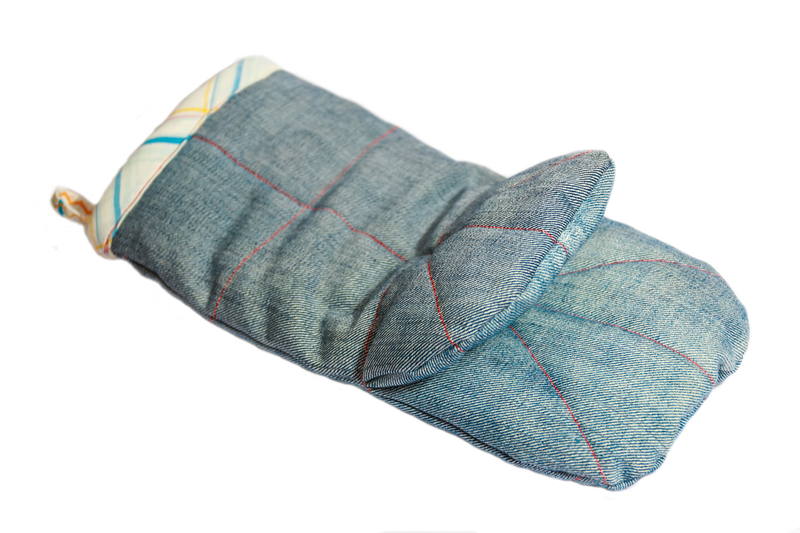Donating Unused Clothes
Posted on 21/02/2025
Unused clothing not only clutters your living space but also has the potential to make a huge difference in someone else's life. By donating your unwanted garments, you contribute to reducing waste, helping those in need, and supporting various charitable organizations.
Environmental Impact of Textile Waste
The fashion industry is one of the largest contributors to pollution. By donating clothes, you prevent them from ending up in landfills, thus reducing the carbon footprint. Recycled clothing minimizes the need for new apparel production, which significantly decreases environmental strain.

Benefits to Your Community
When you donate clothes, local shelters and charities can distribute them to individuals in need. This action helps homeless people, low-income families, and disaster victims. Keeping these communities warm, clothed, and feeling dignified has immediate positive effects.
How to Choose the Best Place for Donations
Before dropping off your clothes, it's crucial to research and select organizations that align with your values. Popular choices include Goodwill, Salvation Army, local shelters, and specialized charities like Dress for Success or Soles4Souls. Make sure to investigate their policies and ensure your donations will be put to good use.
Types of Clothes to Donate
Not all clothes are equally beneficial. Focus on donating seasonal items that are still in good condition, such as winter coats during cold months or light apparel for warmer seasons. Accessories like hats, gloves, and scarves are also highly sought after. Additionally, business attire helps job-seekers looking for employment opportunities.
How to Prepare Your Clothes for Donation
Ensure all items are clean, washed, and in wearable condition. Remove personal items from pockets, fix minor damages if possible, and neatly fold or hang clothing. Labeling bags or boxes by type of clothing can be extremely helpful for the organization receiving the donations.
Pros of Donating Clothes
- Environmental Benefits: Reduces waste and pollution.
- Community Support: Provides aid to those in need.
- Tax Deductions: Many donations are tax-deductible.
- Decluttering: Frees up space in your home.
Cons of Donating Clothes
- Time-Consuming: Sorting and preparing donations takes time.
- Potential Waste: If not properly sorted, donations may end up in landfills.
- Charity Overload: Some organizations may be overwhelmed with donations, causing delays in distribution.
- Quality Issues: Items must be clean and in good condition, or they might not be usable.
Tips for a Successful Donation Experience
- Plan Your Donation: Organize clothes by type and season.
- Check Charity Guidelines: Each organization has specific requirements.
- Involve Your Community: Host a clothing drive.
- Document Your Donation: Keep records for potential tax deductions.
- Don't Donate Unusable Items: Discard anything that can't be worn.

Takeaways
Donating unused clothes is a noble act that benefits both society and the environment. Choose reputable organizations, ensure your donations are in good condition, and follow charity guidelines to make the most impact.
Conclusion
Donating unused clothes is a simple yet impactful way to support those in need and contribute to environmental sustainability. By carefully selecting organizations and preparing your items appropriately, you can make a significant difference. Whether you aim to declutter your home, help your community, or reduce waste, the act of giving unused clothes is incredibly rewarding.
Start your donation journey today, and experience the profound satisfaction of making a positive change.
Latest Posts
How to Separate Trash Efficiently
Ways to Reduce Your Environmental Impact






